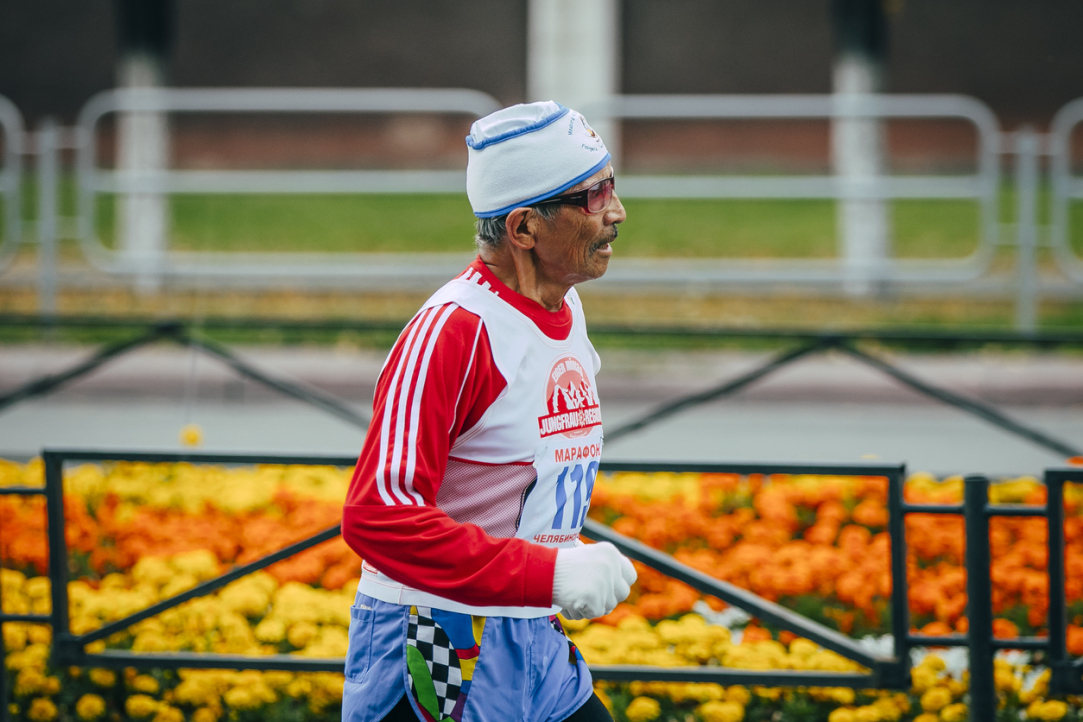
Movement Recovery after Stroke Depends on the Integrity of Connections between the Cerebral Cortex and the Spinal Cord
A team of scientists, with the first author from the HSE University, were investigating which factors are the most important for the upper limb motor recovery after a stroke. The study is published in Stroke, the world's leading journal for cerebrovascular pathology.

Mapping HIV: The Russian Cities that Suffer from the Highest HIV Mortality Rates
In Russia today, HIV infection rates have stabilized, but mortality rates in a number of Russian regions have increased. Most affected by the disease are cities in the Middle Volga region, the Urals, Western Siberia and the Baikal region. In these areas, the number of HIV deaths exceeds the national average, and the disease is gradually spreading from the cities to more rural areas, according to HSE demographers Aleksei Shchur and Sergey Timonin at the XX April International Research Conference.

Unfit: Why Seniors Don’t Care about Their Health
Seniors in Russia are not responsive to public promotion of healthy living. Their behaviours follow eight different patterns, and a healthy lifestyle is far from being the most popular one. Only 17% of elderly people live what can be termed a 'healthy' lifestyle, Elena Selezneva discovered. The results of the study were presented at the XIX April International Academic Conference on Economic and Social Development at HSE.
1.5
is the number of times by which the incidence of circulatory system abnormalities increased in Russia in 2013 in comparison with 1990.
Russian Drug Users not Scared of HIV
Research shows that a third of all drug users in the U.S. actively avoid contracting HIV or hepatitis c. This has more to do with the drug addicts’ efforts than with luck. They are able to steer clear of frightening diagnoses thanks to social roles, solid financial strategies, and their painful experience of losing loved ones to AIDS. Russian drug users, on the other hand, are less careful as concerns the risk of infection, according to research conducted by Peter Meylakhs, Senior Research Fellow with HSE St. Petersburg’s Laboratory for Comparative Social Research, and presented at HSE’s XVI April International Academic Conference.

